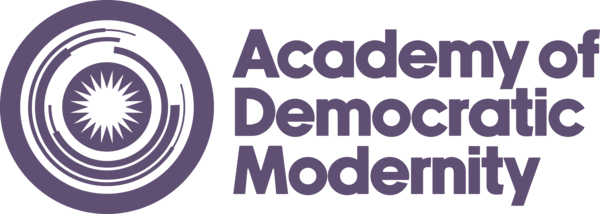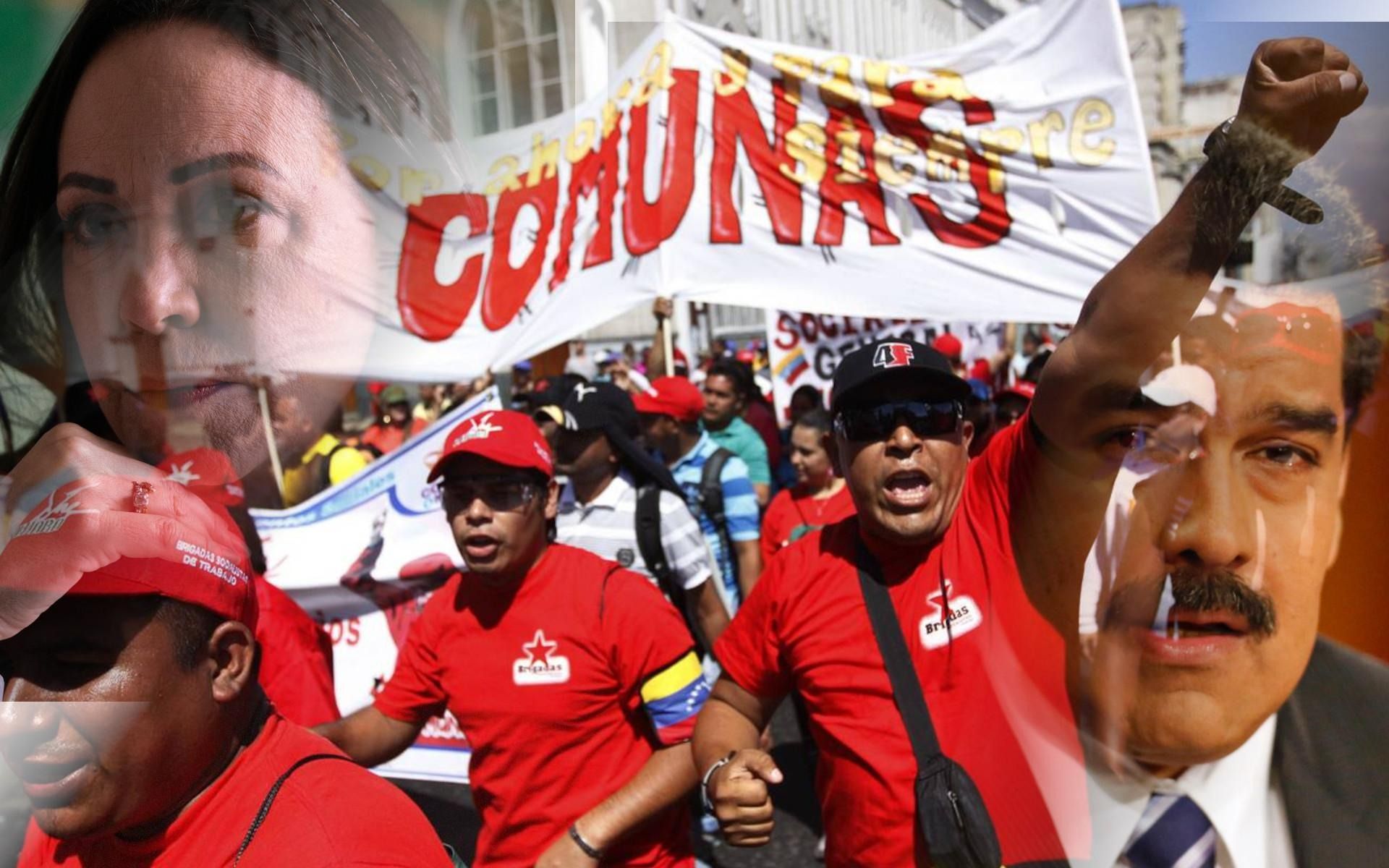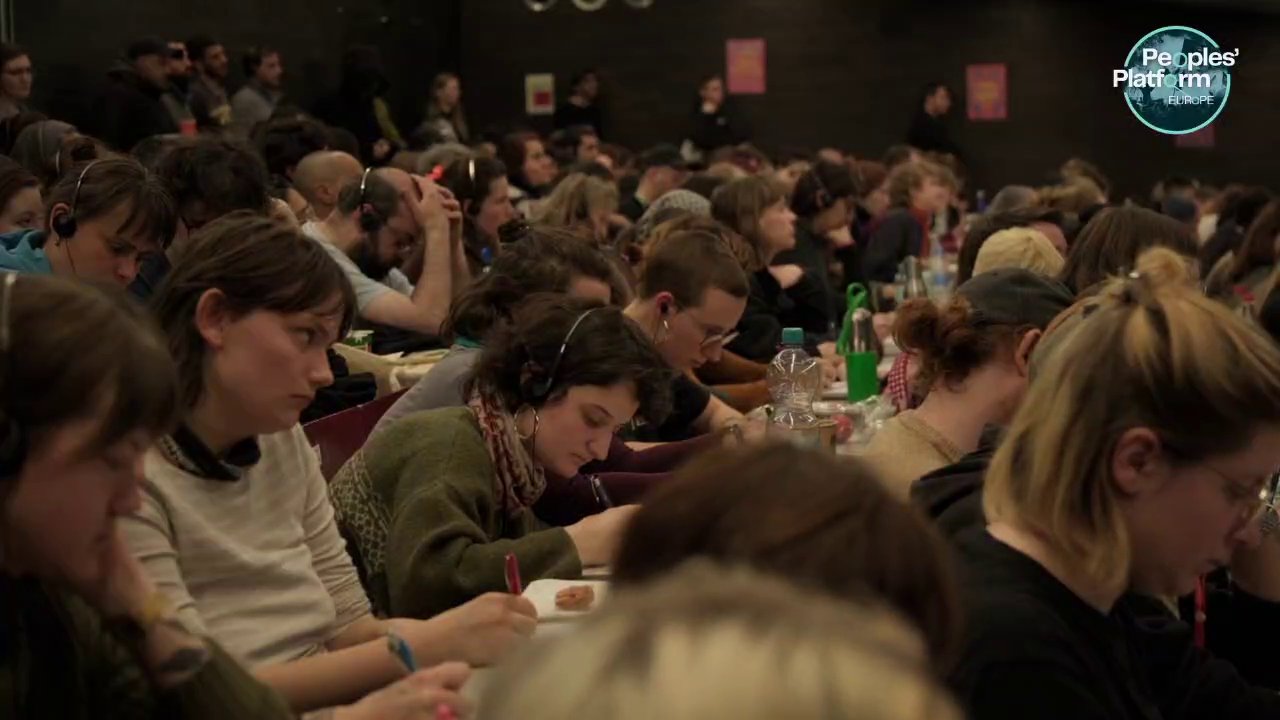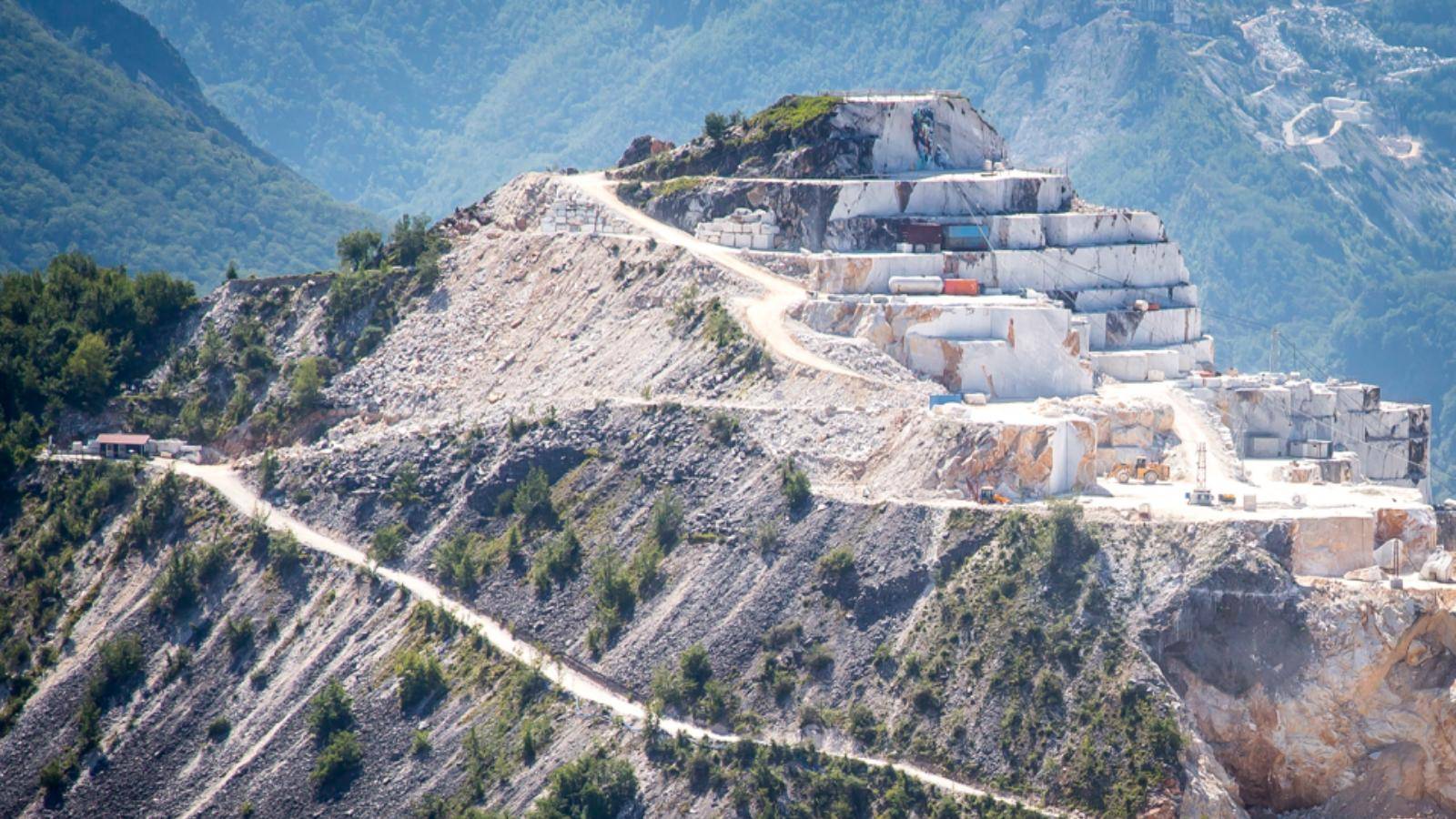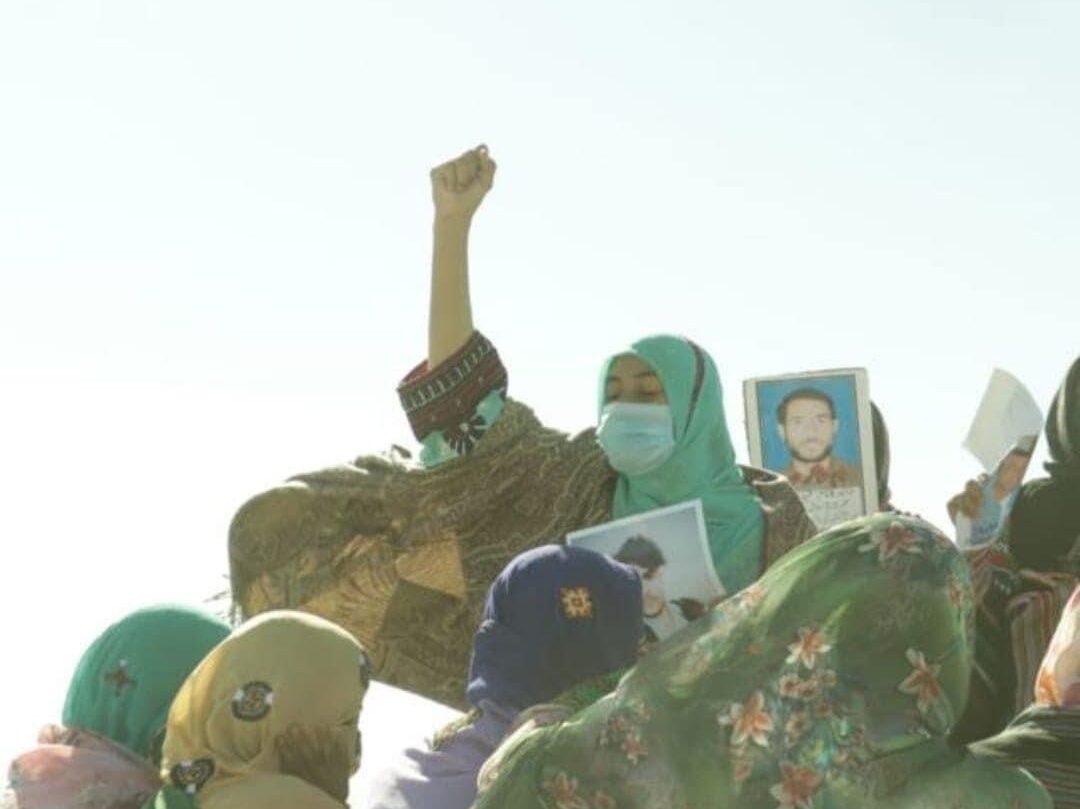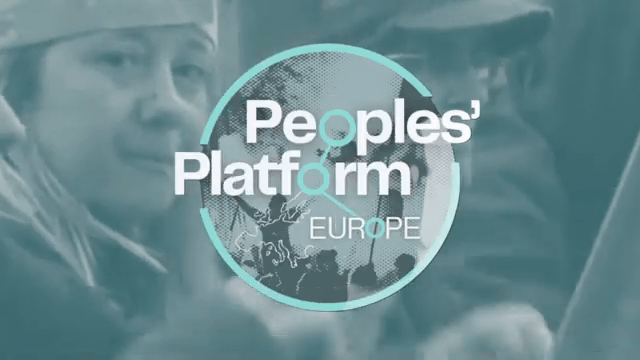One of many elections in recent years was conducted in Venezuela on the 28th of July 2024. The official numbers showed a marginal victory for Maduro and unsurprisingly the right wing candidates decry election fraud, with the US jointing in the chant. But because they have been living a dystopic reality under Maduro’s rule the last few years, many others have also been condemning the results, not just the right wing candidates Corina and Gonzales. The promise of socialism has not come to pass.
The Bolivarian revolution and the system of communes
Hugo Chavez Frias was in many ways a visionary and had new ideas on how to make the dream of socialism come true. Up until the 2000s many attempts to reach this ideal had been tried out, but most ended in what could be classified as failed states. The idea of taking the state and giving it to the workers had been tried but did not succeed and they mostly turned into capitalist states in a kind of socialist camouflage. Chavez was aware of this and tried to overcome it by making the peoples’ democratic structures – the communes – stronger. The idea was to build two parallel powers; one was the state with the goal to deconstruct it and dissolve it into the second; the system of popular communes. A way to achieve this was through legislation. The laws of transition were supposed to accelerate this development. Any commune that could replace a function that was so far managed by the state had a legal right to receive the funds for that task and as such, replacing the state in that function, with the final goal to replace the state.
Unfortunately there was a flaw. Many communes, though they have achieved important changes, continue to struggle, and any group or organisation that wanted to take advantage of this law in order to make a profit could. This developed an economy of corruption where shady organisations would take over functions from the state, keep most of the money and fulfil the service in a very bad way. Thus leaving the people with broken public services and mafia like groups taking a good profit. The state was not innocent in this game, the motivation of politicians to join in on the scam was great and the history of corruption in the Venezuelan state is an infamous one.
Maduro’s turn toward neoliberalism
In 2012 Hugo Chaves died from cancer. His apprentice and successor was Nicolas Maduro. The people respected Chavez’s will and Maduro ascended to that position and has been there for 12 years. During Maduro’s time things have taken a turn for the worse. Even though many of the structural problems started during Chavez’s time and the trajectory was already set, Maduro’s presidency has seen a turn from the policies envisioned by Chavez, even turning towards a quite savage kind of neoliberalism, sometimes matching the policies proposed by the classical right wing upper class opposition.
Certainly the embargo put in place by the US has had grave effect on the economy and the country’s inhabitants. However, the embargo is not fully responsible for the difficult situation that the people have been living through this last decade. The minimum salary has gone from 500 USD to 3 USD during his time, and workers protesting these reforms have been sent to prison. With these actions Maduro’s government reminds us of his close international allies, such as Iran, Turkey and Syria – from whom he seems to be taking inspiration from with his increasingly authoritarian politics, even calling the genocidal dictator Tayyip Erdogan his “big brother” during the Turkish president’s inaugural ceremony. The alliance with these despotic states is painted as a kind of anti imperialist axis to convince the socialist supporters of the government of the alliance’s legitimacy. The member of the Executive Council of the KCK, Duran Kalkan, expressed it like this: “As for the claim that the state of the Republic of Turkey and the AKP-MHP fascist regime are anti-American, it is impossible to provide any serious evidence to verify this. Tayyip Erdoğan founded the AKP and came to power with the permission and support of the US Administration” (1). Then one could ask, is it possible to be socialist without taking into regard ethics when you choose your strategic alliances? Is it possible to call yourself a revolutionary if your friends are some of the worst enemies of revolutionary peoples’ movements in the world?
The 2024 elections – right or left?
What is it about these progressive left characters that make them turn bad as soon as they are touched by the presidential band on their suits? Do you remember the student leader that took part in the uprisings against the neo-liberal politics of the Chilean government, as late as in 2019? He later became president and some of his latest merits are militarizing the lands of the indigenous Mapuche people. Military presence, such as helicopters, are a common day occurrence on their lands and natural resources are being sold to transnational companies. This Gabriel Boric is just one (though maybe the worst) example of how the promise of socialism, revolution and democracy turns vile in the hands of progressive governments. We could also mention Lula, Petro or Correa, but the picture is clear enough. Add to this the list of failed socialist states in the last century that have also betrayed the hope of millions of socialists. So, what happened? What is the common denominator of these leaders and their derailed experiments?
The state is not an address, it is a mentality
What is the state? It is certainly many things, and it is often housed in a series of impressive architectural objects. It is also the people in their posts administering in those buildings, and certainly all the powers held by those people. But to understand it and to make it perish, in the way that most socialist projects have had as a goal, we propose to define it as much more omnipotent than that. A characteristic of the modern nation-state is that it doesn’t just rely on physical or formal structures. It goes further than that and it relies on something closer to us than that, which is us – the individuals. If we suddenly wake up one day and just decide that we aren’t going to listen to what the state decides, then the state would just as quickly disintegrate and become useless. The state relies on us for its power. If we do not accept its power it will become powerless.
Tracing the history of the state to its very start, probably in the Middle East about 5000 years ago, we can see how the first states formed from the alliance of the hunters, the shamans and the male elders of society. When this group saw the opportunity to exploit the rest of society on the basis of the surplus generated by the agricultural revolution, they started a process of securing the surplus and growing their power by developing their functions further. Coming back to the present day, we see the alliance of the hunter-shaman-elder triad in the current form which is the nation state, represented in the military force, the power of science and the political power of the elite. The change in human mentality that this ancient triad represented was the moral decay that would allow for exploitation of “the other”, something that had been frowned upon until then. But which is almost idealized and raised to an esteemed level today. Becoming rich is an unquestionable ambition and the cost of it in moral terms are barely reflected upon. This is a male dominant mentality and it is the essence and core of what the state is. A mental and physical power structure to ensure permanent exploitation of everyone and everything.
What Abdullah Ocalan, through the new paradigm, proposes as a response to the historical damage that the state has caused us is a reconstruction of the “moral-political society”. The society has been purposely destroyed since it is the expression of individuals coming together and protecting what is in their interest; their organisations, the environment, and all the beautiful things in life. Having a strong society is a bad thing for the state since it means that it can protect itself against exploitation. A society with a strong moral sense can also tell right from wrong. This is a fundamental problem for capitalism since it strives and exists upon doing wrong, and if society is aware of this it will make it impossible to continue destroying nature for the benefit a few rich families. Depriving society of their political ability ensures that even if they see the state for what it is, the protector of the capitalist perpetrators and violators of nature, they will use their political might to stop this.
When Ocalan, in his prison writings, speaks about the “third way” of politics, this is the point he is offering. We don’t have to turn to any state power to find what we need to solve our own problems. We can organize, rebuild our society, educate ourselves and fight against the patriarchal capitalist mentality that we have been infected by and organize ourselves to have the political ability to respond to the attacks from any state, domestic or foreign. We can look to Kurdistan and specifically Rojava for an example of how this is being done in the real world. The idea here is not even to annihilate the state, since this kind of harsh dialectic approach has lead to more destruction than construction in the history of socialist movements. The idea is to replace the state by solving our own needs and thus withering the state and making it irrelevant. If the state accepts this we will have peace, if they don’t we have the right to defend our achievements. Just as the Venezuelan people have the right to defend their communes against attacks from corrupt politicians and criminal gangs.
But our mission is not to tell any nation how they should practice these ideas where they are. An essential part of a socialist and democratic endeavour is to develop the force to decide for oneself what is the right and wrong way to do things in one’s own context. We can only invite people to have a dialogue on the alternatives. We believe that there are alternatives to the nation-state and we believe that the people of Kurdistan and Chiapas are making history by putting this into practise. We send our good wishes to the people in Venezuela who are looking for a new way, a third way, out of this crisis imposed by the states. A dignified alternative is possible; a true people’s democracy!
